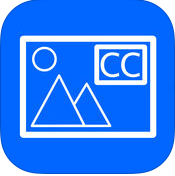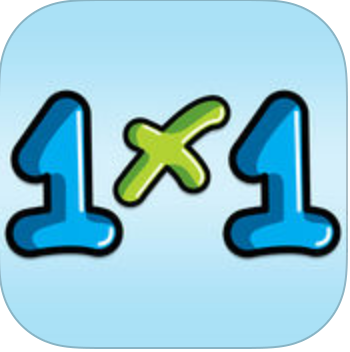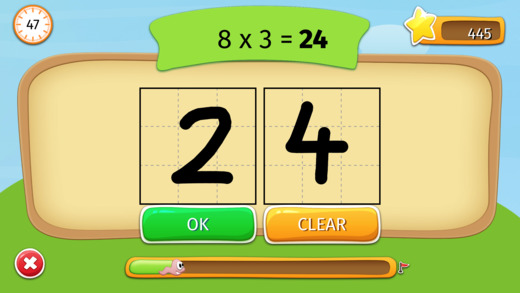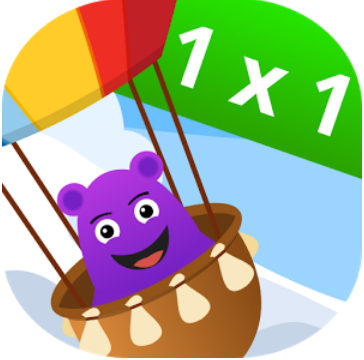Our publication about „Learning in a Virtual Environment: Implementation and Evaluation of a VR Math-Game“ is now part of the book Mobile Technologies and Augmented Reality in Open Education.
Abstract:
With the introduction of Google Cardboard, a combination of mobile devices, Virtual Reality (VR) and making was created. This “marriage” opened a wide range of possible, cheap Virtual Reality applications, which can be created and used by everyone. In this chapter, the potential of combining making, gaming and education is demonstrated by evaluating an implemented math-game prototype in a school by pupils aged 12-13. The aim of the virtual reality game is to solve math exercises with increasing difficulty. The pupils were motivated and excited by immerging into the virtual world of the game to solve exercises and advance in the game. The results of the evaluation were very positive and showed the high motivational potential of combining making and game-based learning and its usage in schools as educational instrument.
[Chapter @ IGI-Global]
[Draft Version @ ResearchGate]
Reference: Sternig, C., Spitzer, M., & Ebner, M. (2017). Learning in a Virtual Environment: Implementation and Evaluation of a VR Math-Game. In G. Kurubacak, & H. Altinpulluk (Eds.), Mobile Technologies and Augmented Reality in Open Education (pp. 175-199). Hershey, PA: IGI Global. doi:10.4018/978-1-5225-2110-5.ch009




